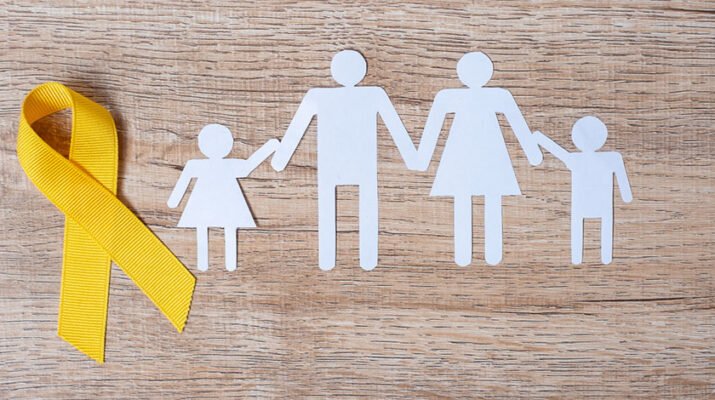Suicide rates are up 35% since 1999. Local experts say effects of coronavirus may push numbers even higher
By Deborah Jeanne Sergeant
The most recent numbers from the Centers for Disease Control and Prevention indicate that 48,344 people died by suicide in 2018, an increase from the previous year’s number, 47,173.
Although that represents only two-tenths of 1%, it continues the trend of the past two decades, up by 35% since 1999.
“Untreated depression is the No. 1 reason for suicide,” said Mark O’Brien, licensed clinical social worker and commissioner of the Erie County Department of Mental Health. “Depression can be internal without any external causes. It can be genetic, inherited. It can also have external factors precipitating depression and a combination of the two.”
He added that high stress levels also contribute to the trend, including financial struggles, working and educating at home and worries about the virus.
There are also social isolation issues, which may lead to higher increases of suicide in 2020.
“There are three overlapping factors: thwarted belongingness, ‘I am alone.’” O’Brien said. “Perceived as a burden, ‘I am a burden,’ and capability for suicide, ‘I am not afraid to die.’ Where those overlap, that is where the great danger for suicide exists.”
Celia Spacone, Ph.D., with Suicide Prevention Coalition of Erie County, said that the demographic with the highest risk is men from age 24 to 59. They represent 65% of suicides. Although women attempt death by suicide at a higher rate, men die at a “much higher rate,” Spacone said.
One of the reasons is that men tend to use firearms — the most likely lethal attempt means — and they generally feel more stigmatized about treating mental health issues.
Though the numbers have remained steady in Erie County in the past two years, Spacone isn’t sure how the pandemic will affect the rates locally.
Erin Ruston, licensed mental health counselor with Buffalo Medical Group in Williamsville, calls the effects of the pandemic on suicide rates “the perfect storm,” including increased stress and anxiety, isolation and lack of regular coping strategies and routines.
“You have 42 million who are unemployed, worried, scared and angry,” Ruston said. “They’re worried about their finances, loved ones who have passed away or who aren’t accessible.”
Many people contemplating suicide exhibit common signs. O’Brien, the commissioner of the Erie County Department of Mental Health, said signs include increase in irritability; changes in eating and sleeping habits; increase in emotional turmoil; increase substance abuse; comments about despair or fatalistic comments; the inability to experience pleasure; and morbid or shame-based preoccupation with the past.
Listening can play role
Helping those struggling should start with listening.
“The more someone is able to verbalize something, the better,” O’Brien said. “There’s the principle that we were given two ears and one mouth. Listen. Hope and connectedness are the best antidote for suicide. Hear what the person is saying and what they’re not saying.”
Of course, assisting the individual connect with a therapist or with emergency medical personnel (as needed) is important; however, for some people, connecting with a friend may be a helpful first step.
“You will never give someone the idea of killing themselves if they’re not already thinking about it,” O’Brien said. “You can ask ‘Are you planning on killing yourself?’ Sometimes, they’ll say they are. Sometimes they’ll say no. If you ask and they share it with you, you may be the first one they share it with.”
Spacone encourages those concerned to not try to solve the person’s problems or minimize them.
“If you do suspect someone is considering suicide, say, ‘I’ve noticed you’re down lately and you are saying some things that are troubling. You’re not checking in with people. Are you having thoughts of taking your life?’ If it’s true, it more often than not opens a line of communication,” Spacone said.
Trying to point out all the person has to feel grateful for or shaming the person minimizes the pain that feels very intense.
“People need to be heard,” said Shawn Marie Cichowski, life coach and owner of Western New York Life Coaching. “Say, ‘Tell me more.’ Definitely listen and pick up on the cue.”
Instead of remaining passive, she encourages worried friends and family to err on the side of caution. “Say ‘I’m concerned.’ Listen within your scope of practice. Encourage them to get the right support. Keep that space and listen.”
Seeking Help
Veterans can use the resources at www.veteranscrisisline.net. General resources are at the National Suicide Prevention Lifeline website, suicidepreventionlifeline.org or by calling 800-273-8255. Crisis Services’ 24-hour number is 716-834-3131.

